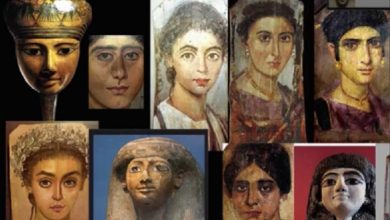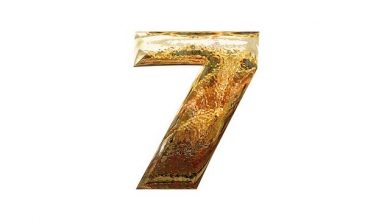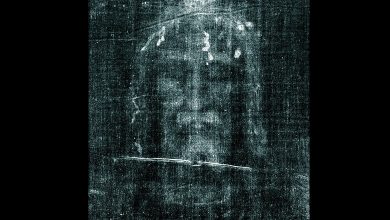Why is tattoo forbidden in Islam?
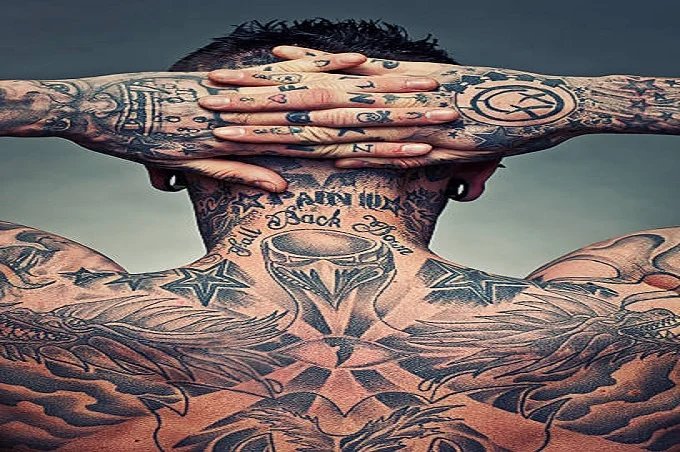
Islam pays great attention to the human body. The Qur’an and its supplementary texts form a strict set of rules and prohibitions regarding body care, hygiene, clothing, etc.
According to Islamic doctrine, the human body is perfect in the form in which it was created by God (Allah). Therefore, it not only does not need any changes – any attempts to change something, including getting a tattoo, are considered a sin in Islam and are not allowed.
To get the latest stories, install our app here
Now such prohibitions seem strange to many: dozens of ancient religions around the world allowed and often even prescribed tattoos. But you need to understand the practical basis of this approach. Islam originated in the Arabian deserts, where it is scorching and dry. In such conditions, the most careful attitude to the body is truly a guarantee of physical survival.
Hence – not only the ban on getting a tattoo but also the hygiene requirements detailed in Islam itself. A similar attitude in the Muslim tradition is to any other changes in the body, for example, piercing, all kinds of body modifications, etc. (except for circumcision). To get the latest stories, install our app here
Consequences of a tattoo for a Muslim
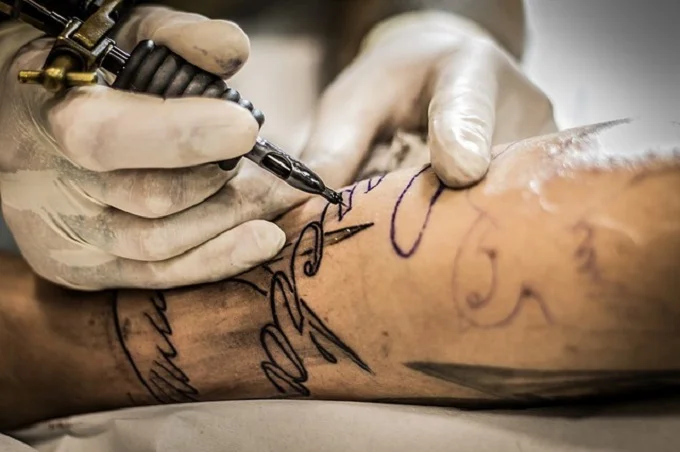
In terms of the doctrine of Islam, a tattoo is a sin both for the person to whom it was made and for the tattoo master. For this, both will answer to the Almighty after death. According to Sharia, the money paid for tattooing is recognized as acquired dishonestly. The specific punishment depends on the image’s size, colour, content, and whether a man or a woman made it. Islamic law is more loyal to men. But corporal punishment and imprisonment are practised.
If a Muslim lives in a secular state, temporary tattoos
Are temporary tattoos allowed in Islam?

Strictly speaking, temporary tattoos in classical Islam are also, if not directly prohibited, then at least not approved. But the world does not stand still, and Muslim countries are developing, albeit not as rapidly as most westerners. Therefore, there was a compromise in practice: if the pattern on the body is neutral and temporary, it is easy to wash it off, so you can close your eyes to this. To get the latest stories, install our app here
True, even such a concession has many reservations and restrictions:
- drawings should be easily washed off with ordinary household products: water, soap, oil, etc.;
- images should not have any dubious meanings, associations;
- frank, vulgar, erotic plots and themes are categorically unacceptable;
- from the inscriptions, it is best to choose a quote from the Koran in Arabic, Turkic, Persian;
- you can not apply images of living beings – this is one of the basic Islamic prohibitions;
- the pattern cannot be covered with a protective layer that will prevent it from being washed off.
In addition, Islam allows temporary tattoos for men much more readily than for women. The conservative difference between the gender in this faith is obvious; Islamic men, in general, are much more quickly integrated into modern society in a non-Islamic country than Muslim women.
In this distinction, it is important to observe the rules of Awrah (awarat): some parts of the body must always be covered. This is at least the area between the navel and the knees in men. But often, it extends to the torso above the waist and the legs to the feet – shorts, in general, are not approved by Muslims. The Awrah applies to women’s entire body, except for the face and hands.
Tattoo and Islam: modern realities
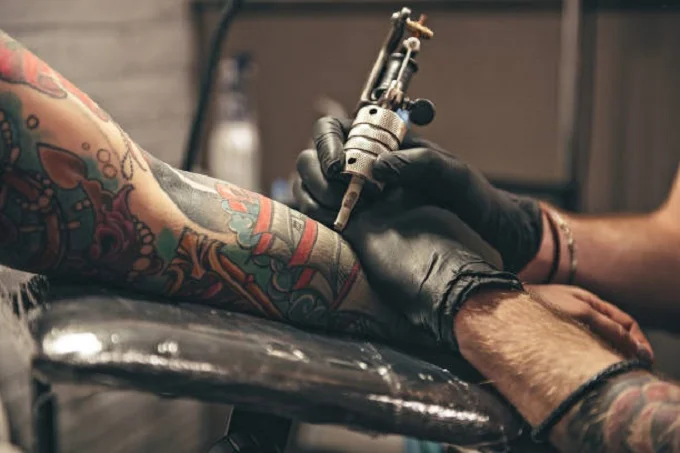
In Islam, tattoos are considered a sin and are prohibited, but religion and Muslim societies do not standstill. For all the conservativeness of Mohammedanism, many Arab and Turkic countries are secular enough for the norms of the Koran to be perceived adequately, taking into account the realities of the modern world.
Just as there are many unchurched Orthodox, many Muslims are more considered as such than they really are. And some of them find a compromise for themselves between faith and everyday life: food, fashion, and other aspects. To get the latest stories, install our app here
Of course, in Iran or Saudi Arabia, one cannot speak of such a thing, but in Turkey and many other countries, such a compromise is quite possible.
Approximately three years ago, the decoration of the body with permanent images became quite popular in the country among young men.

